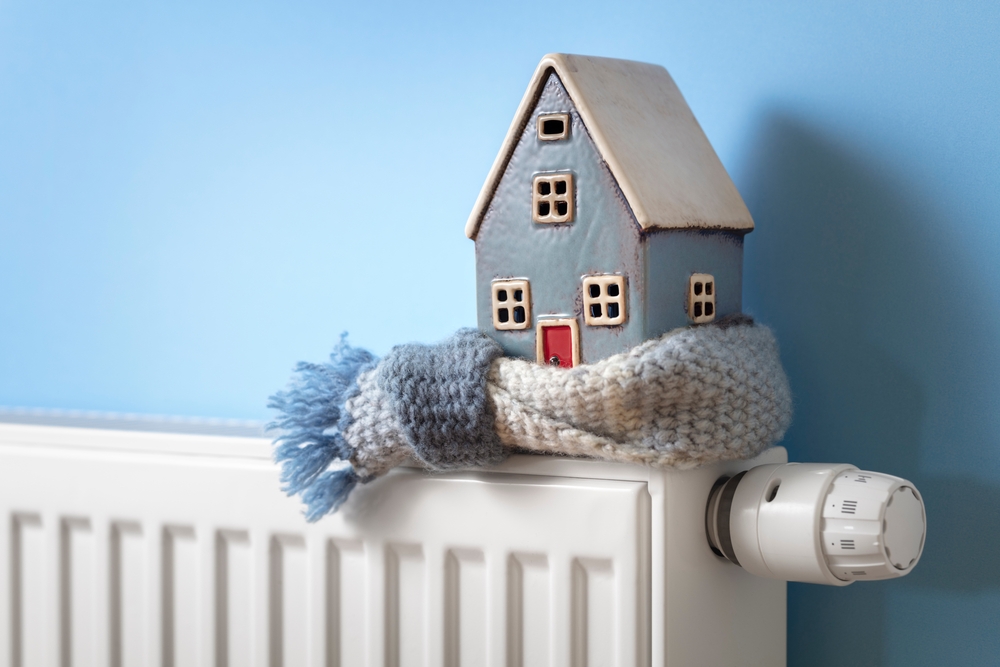
Utility bills are one of the most consistent expenses retirees face, and they often rise faster than inflation. Seniors living on fixed incomes feel the pinch every month, yet many don’t realize they may qualify for rebates or discounts. These programs are designed to ease the burden for older adults, but utility companies rarely go out of their way to advertise them. Instead, the information is buried in fine print or tucked away on obscure web pages. As a result, thousands of seniors pay full price for services when they could be saving money.
Why Companies Stay Quiet
Utility companies have little incentive to promote rebates. Offering discounts reduces revenue, and many providers rely on customers not knowing about available programs. Seniors, who may not be as comfortable navigating websites or reading complex billing statements, are especially vulnerable to missing out. Companies often argue that the information is “available” if customers look for it, but accessibility is not the same as transparency. The lack of proactive communication leaves seniors at a disadvantage, forced to dig for benefits they should be told about directly.
Types of Rebates Seniors Can Claim
Many utilities offer rebates or discounts tied to age, income, or participation in assistance programs. Seniors may qualify for reduced rates on electricity, gas, water, or even internet services. Some programs provide credits for energy-efficient upgrades, like installing better insulation or replacing old appliances. Others offer seasonal relief, reducing heating bills in winter or cooling costs in summer.
These rebates can add up to hundreds of dollars annually, making a significant difference in retirement budgets. The challenge is knowing they exist and navigating the application process.
Here are several other discounts and rebates seniors can take advantage of…
1. Income-Based Discounts
In many states, seniors with limited incomes qualify for special utility rates. These programs are often linked to federal or state assistance initiatives, such as Supplemental Security Income (SSI) or Medicaid. Seniors who meet income thresholds can receive monthly credits or reduced rates, lowering bills substantially. Unfortunately, many retirees don’t realize they qualify because companies don’t advertise eligibility clearly. Applying usually requires paperwork and proof of income, which can be intimidating without guidance.
2. Energy Efficiency Rebates
Utility companies often provide rebates for energy-efficient upgrades, but seniors rarely hear about them. Installing a new furnace, upgrading insulation, or switching to LED lighting can trigger rebates worth hundreds of dollars. These programs not only reduce bills but also improve comfort and safety in the home. Seniors who invest in upgrades may also qualify for long-term savings through reduced energy consumption. Yet without clear communication, many miss opportunities to modernize their homes affordably.
3. Seasonal Relief Programs
Some utilities offer seasonal relief programs that reduce costs during extreme weather. Seniors who struggle with high heating bills in winter or cooling costs in summer can benefit from these targeted discounts. Programs may provide credits, reduced rates, or even emergency assistance during heatwaves or cold snaps. These initiatives are lifesaving for seniors at risk of health complications from extreme temperatures. Still, many retirees remain unaware because companies fail to promote them effectively.
4. Internet and Communication Rebates
In today’s digital world, internet access is essential for seniors who rely on telehealth, online banking, and communication with family. Some providers offer discounted rates for older adults, especially those on fixed incomes. These rebates can make technology more affordable, reducing isolation and improving access to vital services. Seniors who don’t know about these programs may pay full price, limiting their ability to stay connected. Transparency in communication could make a meaningful difference in quality of life.
How Seniors Can Claim Rebates
The first step is to contact your utility company directly and ask about senior-specific programs. Many providers have customer service representatives trained to explain eligibility and guide applications. Seniors should also check state and local government websites, which often list available rebates. Community organizations, councils on aging, and nonprofits can provide assistance with paperwork. Persistence is key, as companies rarely volunteer information without prompting.
Utility companies may not advertise senior rebates, but that doesn’t mean they don’t exist. By asking questions, researching programs, and seeking help from community organizations, retirees can unlock meaningful savings. These rebates can ease financial stress, improve comfort, and help seniors stay independent longer.
Have you discovered a rebate your utility company never told you about? Share your story—it could help others save.
You May Also Like…
- Buried in Fine Print: The Utility Discounts You Didn’t Know You Qualified For
- Unplugged: 12 Items You Should Unplug Now To See A Drastic Change in Your Utility Bill
- Should You Ever Add a Friend to Your Utility Bills?
- 10 Weather-Proofing Fixes That Lower Insurance and Utility Bills
- Arizona Heat, Bigger Bills: 7 Utility Hacks That Actually Cut Costs for Fixed-Income Retirees

Teri Monroe started her career in communications working for local government and nonprofits. Today, she is a freelance finance and lifestyle writer and small business owner. In her spare time, she loves golfing with her husband, taking her dog Milo on long walks, and playing pickleball with friends.
Comments